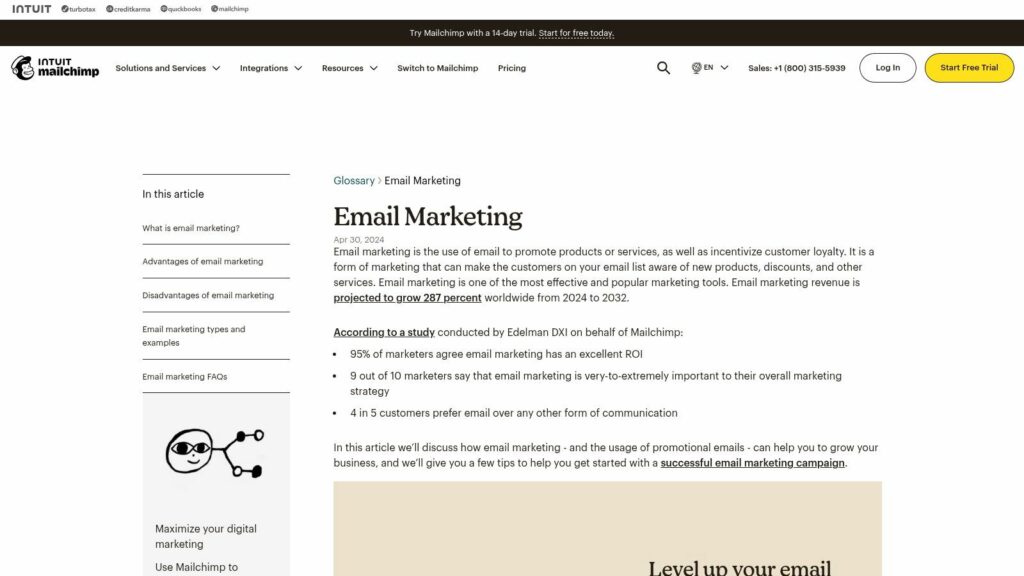E-commerce Platforms
E-commerce Platforms (noun)
Definition:
E-commerce platforms are software applications or online services enabling businesses to create, manage, and operate online stores to sell products or services. These platforms facilitate the entire buying and selling process, including product listing, payment processing, order management, and customer support. E-commerce platforms can be specialized for different products, such as digital or physical products.
Digital Products E-commerce Platforms:
Digital product e-commerce platforms facilitate the sale of intangible items, such as software, ebooks, music, videos, courses, and other digital assets. These platforms often provide features such as secure file storage, instant download delivery, content access management, and license key generation.
Notable Digital Product E-commerce Platforms:
- Payhip: Payhip is an e-commerce platform selling digital products, offering features such as instant download delivery, customizable product pages, and built-in affiliate marketing tools.
- ThriveCart: ThriveCart is a shopping cart software for digital product creators, providing customizable checkout pages, one-click upsells, and advanced analytics to optimize sales.
- Gumroad: Gumroad is a user-friendly platform for creators to sell digital products, offering secure file storage, customizable sales pages, and a streamlined checkout process.
- Soundwise: Soundwise is an e-commerce platform specifically designed for selling audio products, such as podcasts, audiobooks, and courses, providing features like access control, listener analytics, and in-app messaging.
Physical Products E-commerce Platforms:
Physical product e-commerce platforms cater to businesses selling tangible goods like clothing, electronics, or home goods. These platforms typically offer features like inventory management, shipping integration, and multiple sales channel support to facilitate the sale and delivery of physical items.
Notable Physical Product E-commerce Platforms:
- Shopify: Shopify is a leading e-commerce platform for selling physical products, providing a comprehensive set of tools for store creation, payment processing, and inventory management.
- WooCommerce: WooCommerce is a popular, open-source e-commerce plugin for WordPress, enabling users to create fully customizable online stores for selling physical products.
- BigCommerce: BigCommerce is a scalable, all-in-one e-commerce platform designed for businesses of all sizes, offering customizable templates, multiple sales channels, and shipping integrations.
- Magento: Magento is a powerful, open-source e-commerce platform for complex business needs, offering advanced customization options, a large extension marketplace, and robust performance capabilities.
Related Terms:
- Online Store
- Shopping Cart Software
- Digital Marketing
- Dropshipping
- Payment Gateway
